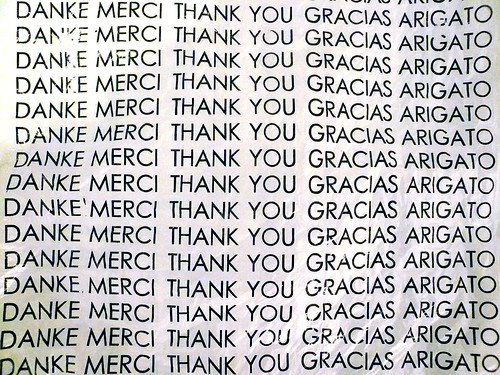Is gratitude dependent on how much help we receive — or how much we expect?
.From a study amusingly entitled, “Thanks, but I’m used to better: A relative rank model of gratitude.”:
We argue that more help does not necessarily lead to more gratitude. Rather, gratitude depends on how a given instance of help compares with the help that a person is used to receiving. Participants read vignettes detailing an event in which 11 different friends either lent them varying amounts of money or spent varying amounts of time providing help. The amount of gratitude elicited by a given amount of help (e.g., a loan of £36 [about $56] or 49 min help) differed substantially depending on how this amount ranked among the help they were getting from their other friends. Comparison across four experimental conditions suggested that these judgments operated via the same general cognitive mechanisms used to judge other social events and psychophysical stimuli (as outlined by range frequency theory). Although more help does lead to more gratitude, people appear to be sensitive to how that help compares with what others are providing, and experienced gratitude depends on these relative judgments.
Source: “Thanks, but I’m used to better: A relative rank model of gratitude.” from Emotion
Follow me on Twitter, Facebook, or RSS.
Related posts:
Does gratitude predict relationship satisfaction?
What happens when you evaluate students by gratefulness and materialism?






